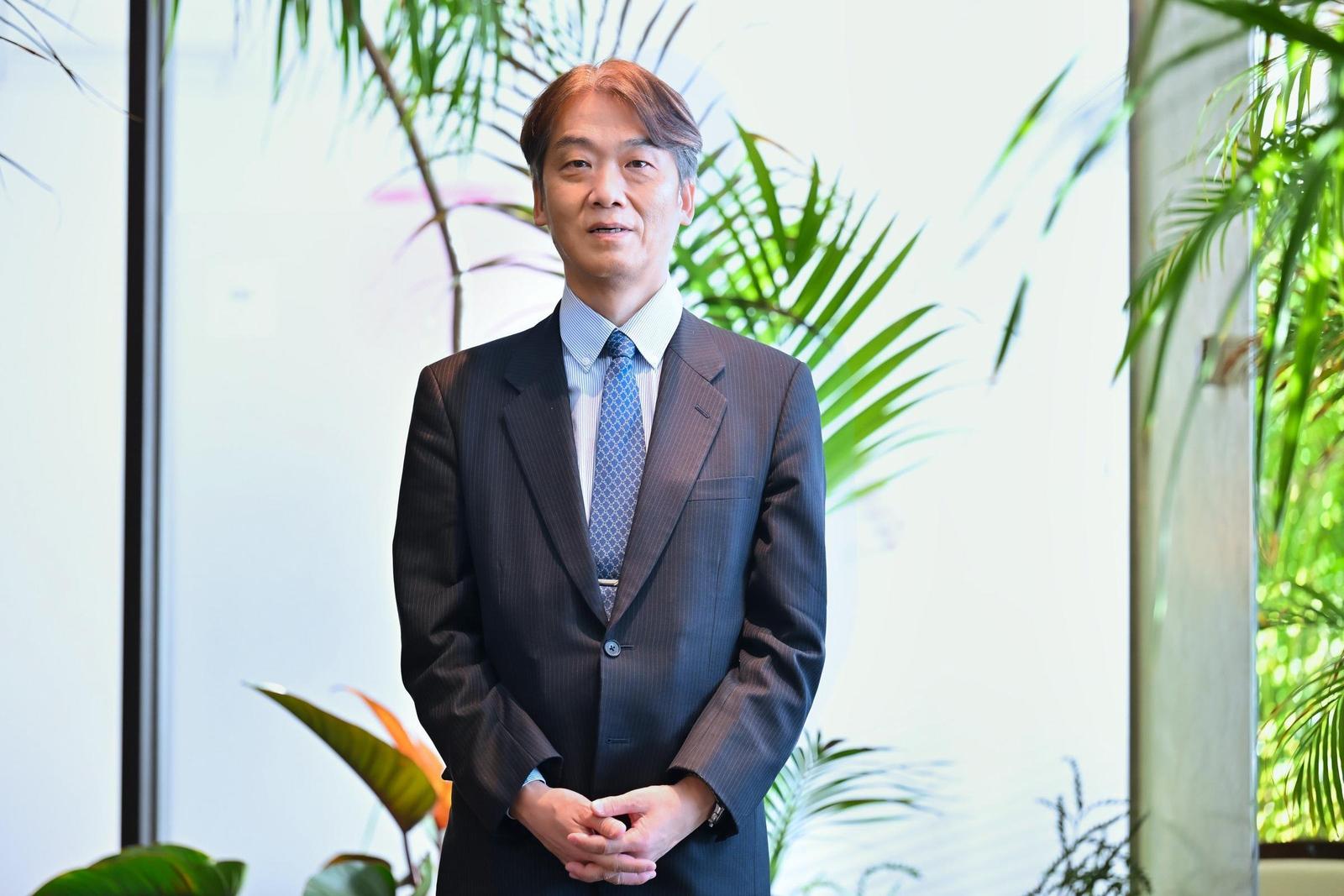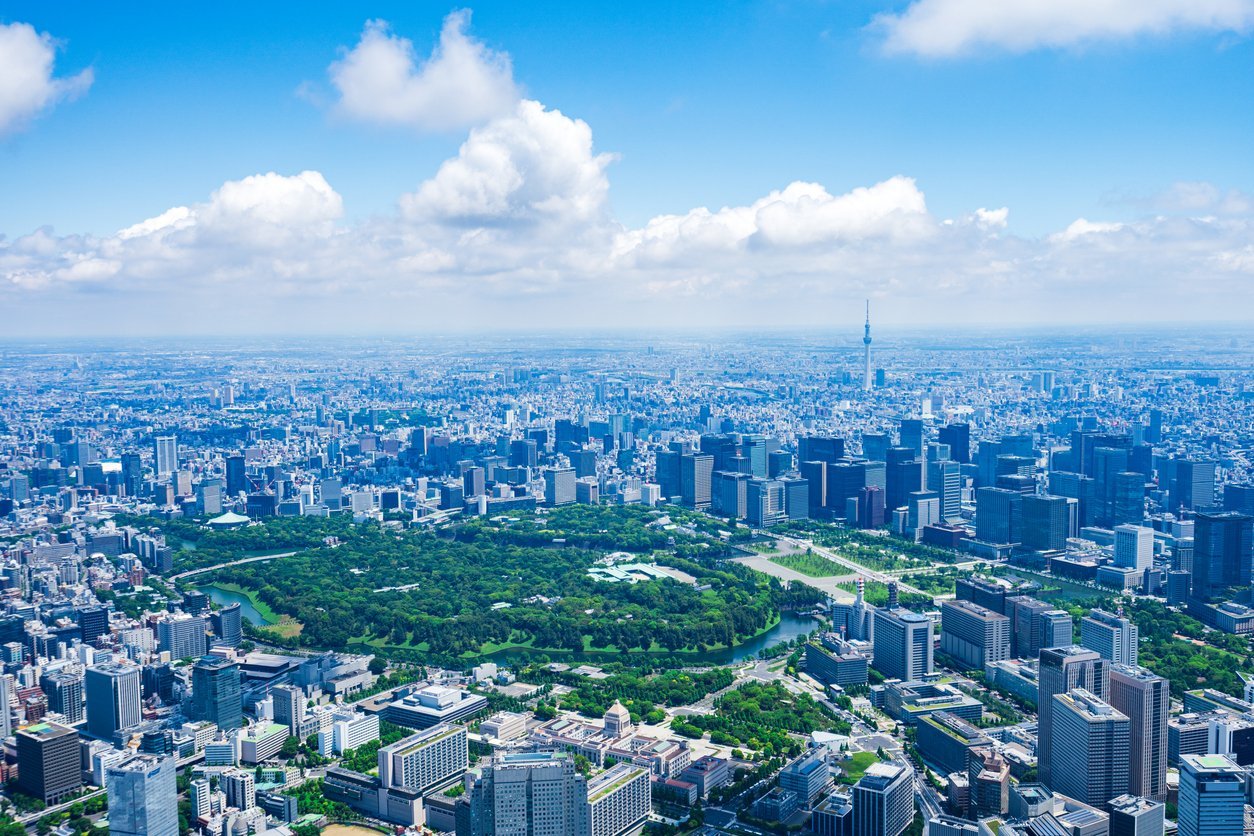The Key to Unlocking Tokyo's Potential as a Global Financial City

The Strengths of Tokyo's Concentrated Resources
I believe Tokyo has considerable potential to become a financial hub. First is the fact that the city already has a massive economy. And there are so many resources concentrated here. For example, some of the most convenient means of transportation in the world. You can get to central Tokyo from Haneda Airport in twenty-something minutes. You have the Shinkansen (bullet train) network, the transportation network in the whole metropolitan area. It's unusual, even on a world scale, for a city to have so many universities, and to have such a high concentration of cultural assets—things like art museums, concert halls, and food establishments. I think that Tokyo has a lot of strengths in that sense, compared to other major global cities like Hong Kong, Singapore, London and even New York.
The Preparation Needed to Become a Financial City
The challenge, however, is that with everything being as convenient as it is, Tokyo hasn't been able to make the decision to become a financial city. It's difficult for an economy the size of Singapore or Hong Kong to support a country through manufacturing, for example. For them to survive, they have to become a financial country. Even manufacturing in the U.K. which was the cornerstone of the economy until 19th century, is no longer the primary industry. They've accepted on some level that the country wouldn't be able to sustain itself without the finance industry in London.
It's inevitable, when you look at the stages of development countries go through, that large cities in developed countries begin to center their economies around finance.
Japan is a developed country - income levels have gone up, and the price of land in urban centers is rising. But we wouldn't be able to concentrate the manufacturing industry into Tokyo. Tokyo is an information hub, and to capitalize on that strength, we have to consider the high value-added industry of finance. The city needs to prepare to become a financial city.
Tokyo already fulfills some of the conditions needed for a city to become a financial hub. The Tokyo market is, in reality, still a massive domestic market, so the other challenge would be attracting foreign investments into the city.

Turning Tokyo Into a Cutting-Edge "Green" City
One area that's considered promising for this purpose is the "green" area. The Tokyo Metropolitan Government (TMG) is working hard to implement a green finance market, as part of its efforts to attract ESG investments (investments that prioritize companies with progressive environmental, social, and corporate governance policies) into the city. ESG investments, of course, are a form of investment that is spreading rapidly across the world.
Being able to stop global warming in the metropolis that is Tokyo, or being able to limit urban climate effects like the heat island effect, would also hugely benefit the approximately 14 million people who live in the city. We also need to accelerate our decarbonization efforts for sustainable urban development, and turn Tokyo into the sort of cutting-edge green city that the world would want to invest in.
To do that, I think it's important for us to encourage further digitalization in a lot of different areas, including the administrative services the city has already been providing. Vice Governor Miyasaka Manabu, who worked in a major IT company, wants to develop finance as an industry within Tokyo through the twin pillars of "green" and "digital." We think that creating a positive cycle between the environment and the economy, and working simultaneously to make the urban system and financial system more eco-friendly, will also improve the quality of life of the people who live in the city.
It's also true, however, that the competition between cities with regards to the financial market is intensifying, and the players are changing as well. In the past, cities like London and New York, and Hong Kong and Singapore in Asia, were the major financial markets. Recently, however, China is pushing hard for the Shanghai market, and London's position has declined relative to other cities in Europe due to Brexit. Instead, there are cities like Amsterdam, Paris, and Frankfurt, which are all taking quite aggressive measures to promote their markets. This means many more rivals for Tokyo, meaning we'll have to promote the city's emphasis on finance, and the benefits to investors, quite aggressively.
Of course, there's a limit to what the TMG can do on its own, so we'll continue making proposals on taxation and other issues related to foreign investment, all while involving the national government and other relevant authorities when necessary.
Increasing transparency of the TMG's ESG-related information, to help develop Tokyo's green finance market. Attracting foreign companies to expand the number of players in the city, and encouraging green loans (loans limited to projects/businesses that contribute to solving environmental issues such as global warming). Establishing a system for training ESG personnel, collaborating with universities, and more. There are many issues that will have to be addressed in order to turn Tokyo into a green finance hub city. But if we are able to create an investment environment that capitalizes on Tokyo's strengths as a major information hub, we should be able to compete as a financial city on the world stage.
Yamaoka Hiromi
Photos by Tonomura Seiji
Translation by Amitt





